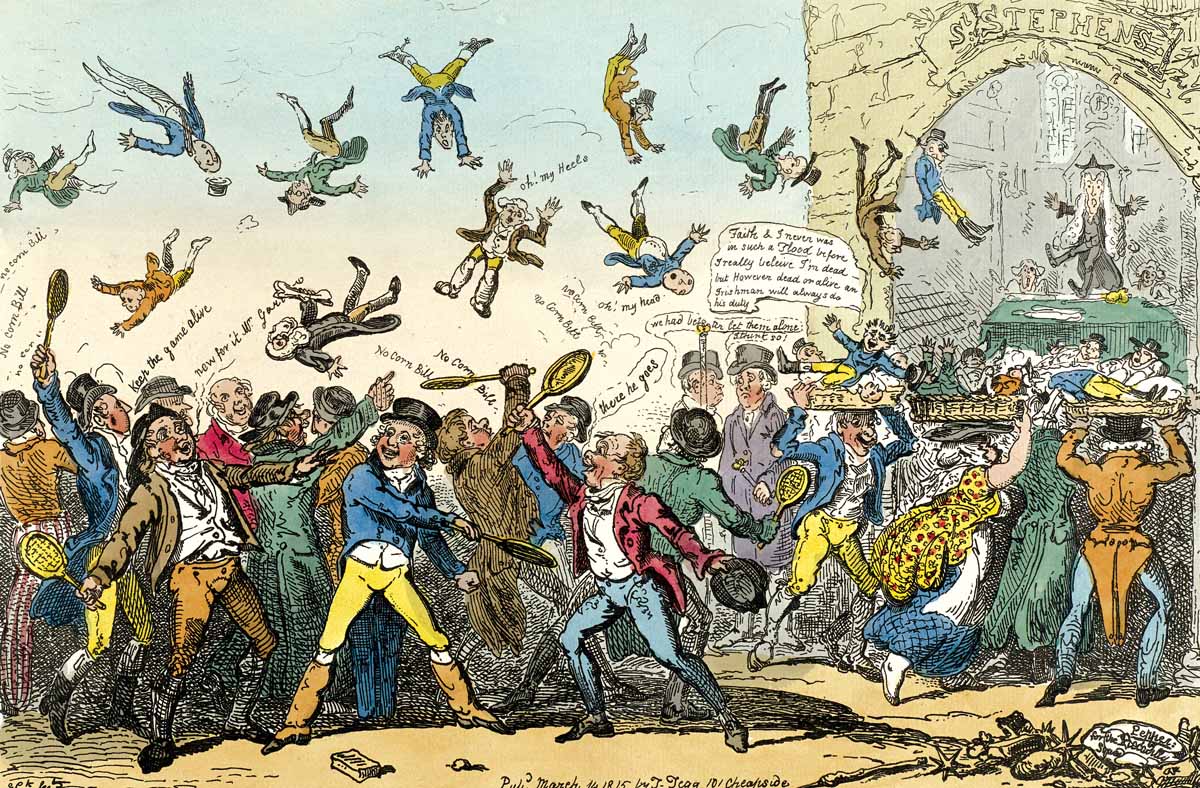Politics Past and Present | History Today - 2 minutes read

If the study of history cultivates anything, it should be the ‘long view’, the ability to consider questions that affect our future from the deep perspective of the past, to take account of who we are, where we’ve come from and where we might be going. It is fair to say that this is an ability the UK appears to have lost. The loss has, of course, been exposed by the seemingly never-ending crisis of Brexit, which has long been as much, if not more, about the UK’s domestic politics than it is about ‘Europe’, a subject about which most Britons remain remarkably ignorant almost 45 years on from the country’s original decision to throw in its lot with the EU’s predecessors.
The debate about Britain’s relationship with the EU is absurdly parochial. Few politicians or commentators in the still determinedly Anglophone UK have made arguments for joining the EU wholesale, of embracing ‘ever closer union’, Continental ‘kultur’, or the Euro. To be on the Remain side is not so much to herald a European ideal, as to declare oneself anti-Tory. Such has been the case since Jacques Delors, as president of the European Commission, addressed the Trades Union Congress in 1988, when the Conservative Party’s electoral hegemony seemed infinite.
The ambiguities continued when Tony Blair’s New Labour won a landslide in 1997. Gordon Brown, as Chancellor, kept the UK out of the Euro: not a difficult case to make. But the consequences of the government’s major domestic reforms have come to the fore as the Brexit crisis has worsened. Devolution, it was argued, would cement the Union. The weakening of the ancient post of Lord Chancellor – able to transcend the executive, the legislature and judiciary – and the creation of a Supreme Court, it was said, would settle constitutional ambiguities. Anything but. Such insouciance over a constitution that had offered stability and security for centuries was compounded by the Coalition government’s Fixed-Term Parliament Act, the acme of ahistorical thinking, whose architects ran away from consequences that may yet prove grave.